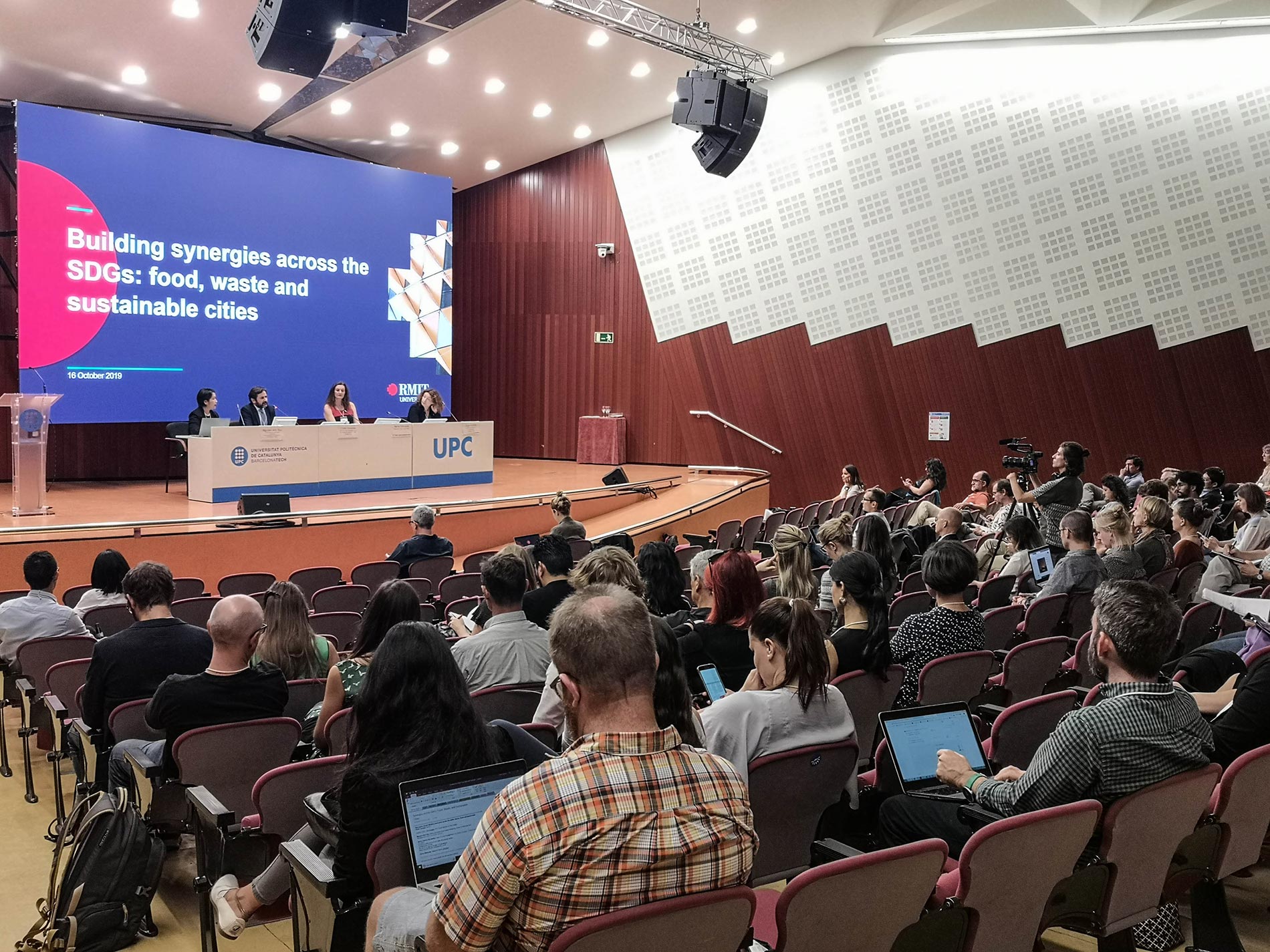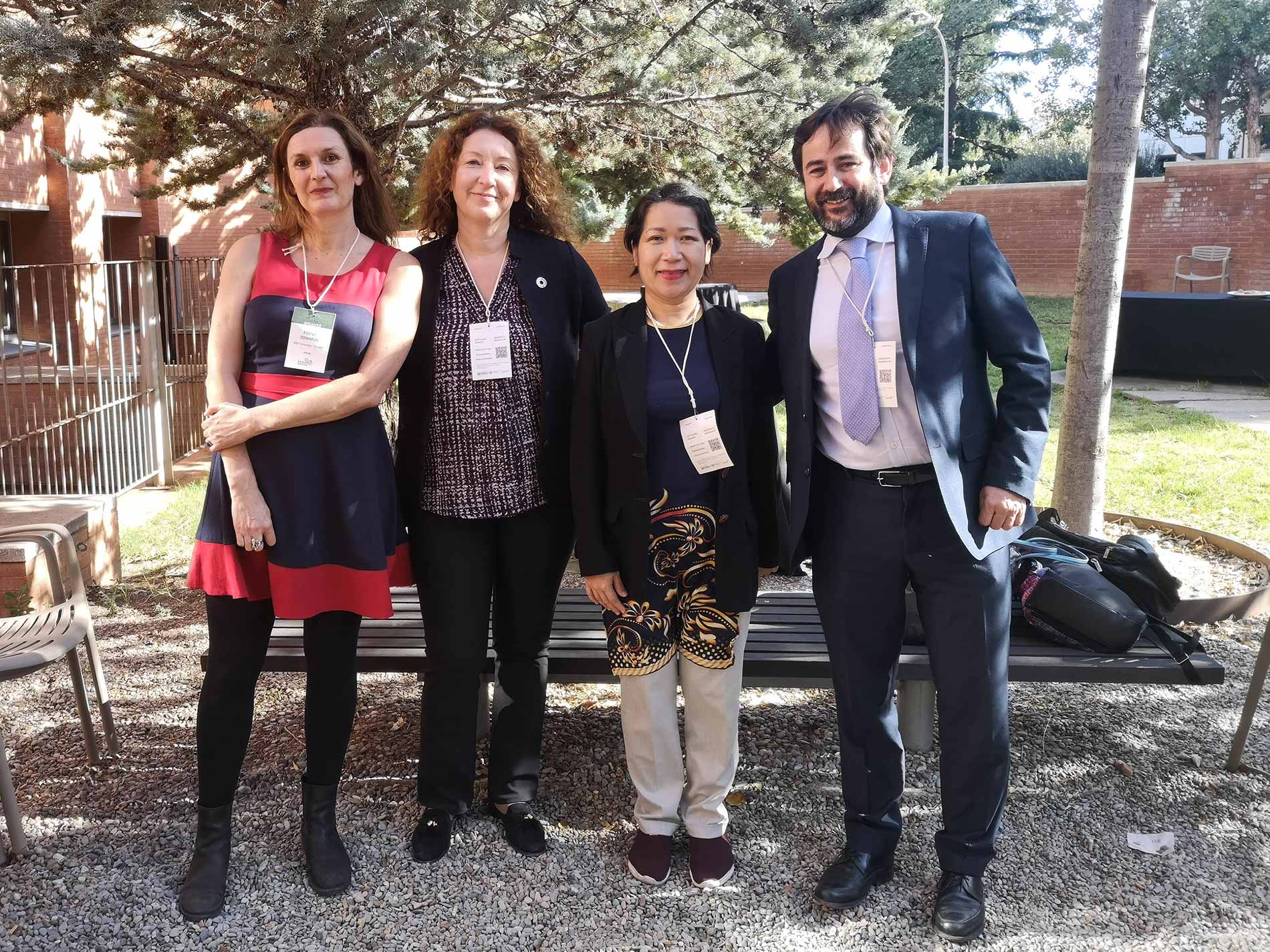A lecturer in consumer behaviour from RMIT Vietnam’s School of Business & Management, Dr Thu is passionate about sustainability, with a research focus on examining consumer behaviour towards plastic pollution and eco-friendly packaging, and consumer perceptions of littering and waste treatment.
A recent report from Ocean Conservancy, an international ocean protection group, claimed that Vietnam is among the world’s five worst marine polluters when it comes to plastics. China, Indonesia, the Philippines, Thailand and Vietnam are responsible for as much as 60 per cent of plastic waste in the world’s oceans.
Dr Thu showed panel discussion participants the seriousness of negative environmental impacts of plastic packaging in Vietnam by emphasising the country’s size and shape.
“As an S-shaped country, Vietnam extends for 1,750 kilometres from the north to the south and its widest and narrowest territories are 600 kilometres and 50 kilometres wide respectively. Vietnam possesses a long coastline with more than 3,200 kilometres in length,” Dr Thu said.
“It is estimated that about 80 tons of plastic waste are thrown away every day in Hanoi and Ho Chi Minh City combined.”
The Vietnamese government has initiated social marketing campaigns to raise consumer awareness of plastic pollution and reduce consumption, but changing consumer behaviour is not easy.
Dr Thu believes a full understanding of internal psychological and external social factors influencing consumer behaviour is required “before we can successfully encourage pro-environmental behaviour, such as buying eco-friendly packaged food products, stopping littering and minimising waste”.
"Motivating sustainable consumption must involve building awareness of environmental issues, developing supportive communities and promoting meaningful actions."






